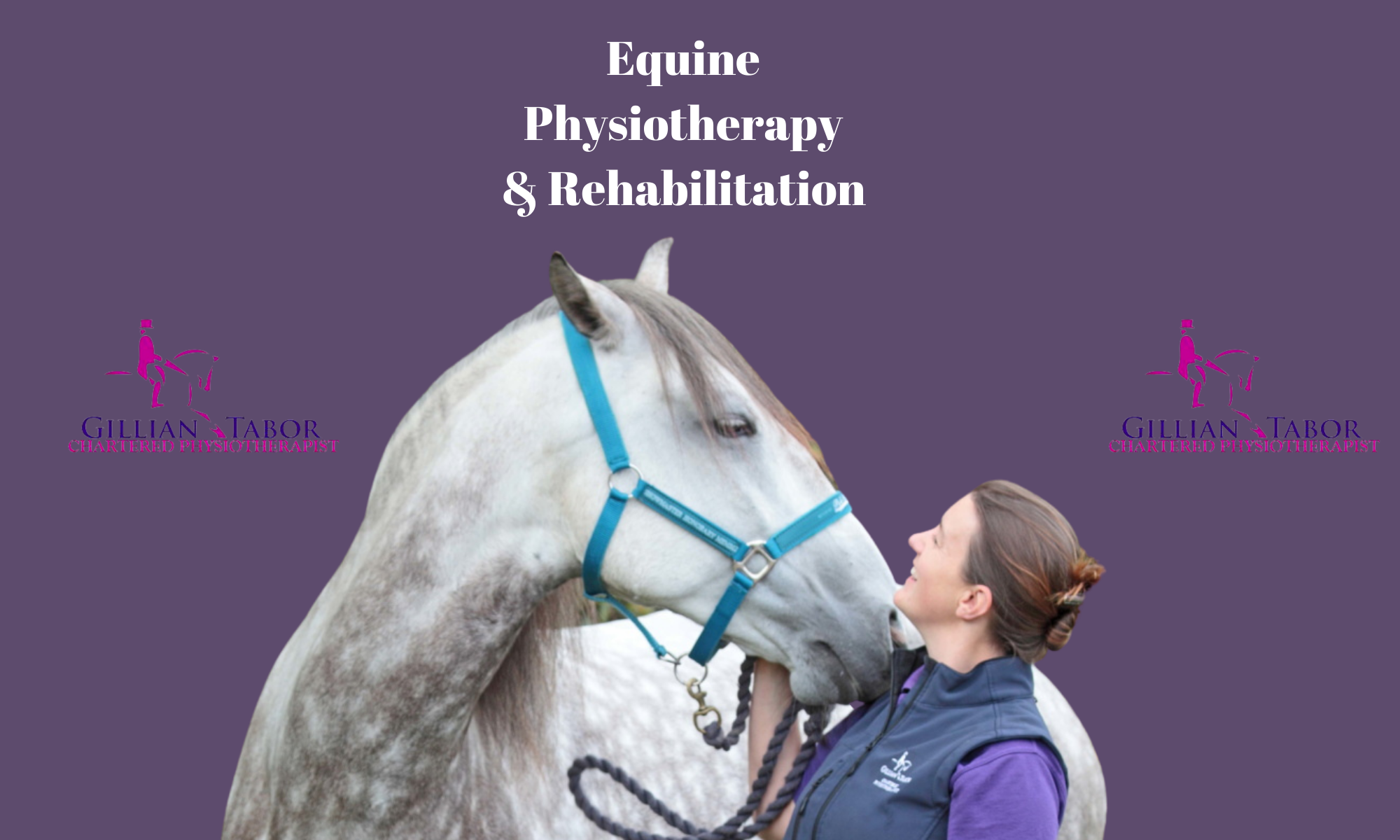I absolutely love a massage! It feels so, so good. And I especially like them if they have got hot stones involved!
I have a lot of clients that have their horse massaged, and I think it complements physiotherapy really well and by physiotherapy, I mean more targeted treatment that has been linked to specific functional difficulties in one or more areas or the whole of the horse’s body. And treatment is then supported by some form of exercise rehabilitation. So the massage between physio visits or alongside the physio visits or actually delivered by the physiotherapist is really, really sensible to complement that plan.
My point that I’d like to make is that I believe that horse owners should be doing some form of massage to their horse themselves. The massage therapists that I work with are very skilled. They’re very professional. They’re trained very well and no doubt are very good at what they do. And I don’t want to make anybody cancel their massage therapists appointments!
But I think on a daily basis owners, and by owners I also include myself, should massage that horse.
You don’t need to know anatomy. You don’t need to know the physiological responses underneath your hands. What you need to know is – what is the response when you put your hands on your horse? This can be really useful information for any therapists that you have come to see your horse.
Let’s break it down to something very simple and excuse me if I’m sounding like I’m dumbing down massage but start with grooming your horse with your hands from the head to the tail. Start off with some stroking and the key is to work in the direction of the hair. Use a pressure the same as you would with a grooming brush and see if your horse responds to positively and always keep an eye on how your horse responds. You’ll get to learn the lumps and bumps, what’s normal, and if then if you find anything you think is abnormal, make a note of it. You’ll get to feel when the soft tissues underneath your hands change. So if you poke somewhere too hard and it goes hard underneath your fingers and the horse swishes its tail and turns and looks at you, you know that that was uncomfortable. If the horse shivers and tries to brush you off, like you’re a fly, then perhaps you need to be a little bit firmer with your pressure.
Massage is very simple or very cheap, and a few minutes of something that you can do with your horse on a daily basis.
Tip 1: Don’t be afraid that you could be doing something wrong. It’s very unlikely that that’s going to be possible so long as you are positioning yourself safely and you are looking at how your horse responds to your touch. You’re very, very unlikely to cause any harm.
Tip 2: Don’t be afraid that you’re not doing it properly. To be honest, touch is touch and all the different types of bodywork therapists out there are also all working with touch. There is no definitive one method that outranks them all. If you’ve got your hands on your horse and your horse is displaying signs that they are happy and they like it, then that is good enough.
Tip 3: Enjoy it! Be present with your horse spend time with them. Get to know what they like what they don’t like. And be confident that in us in a small way you are really helping your horse to feel good in that particular moment.
Just to finish, I will mention a a little bit about the research on massage. To be honest, it’s very mixed, as with all the equine therapy studies, so we have to take a look at the massage research on humans. Some of the ‘sales’ speak and techniques used in massage and bodywork are not supported by any research evidence, for instance, breaking down of adhesions or flushing away toxins. These are suggestions that are not shown to be true. What we do know is that when we put our hands on, we effect the neurological system. We stimulate receptors in the skin and in the superficial tissues which has an effect on the sensation. So that’s why you shouldn’t be feeling that you don’t know what you’re doing. Because you do. You can tell your horse can tell you what it likes and what it doesn’t like and that can be a really positive time that you spend with your horse.
If you are interested to learn more about the physical well-being of your horse whilst on box rest, or during periods of increased stabling, please check out my webinar – Thinking Inside the Box www.gilliantaborphysio.thinkific.com
